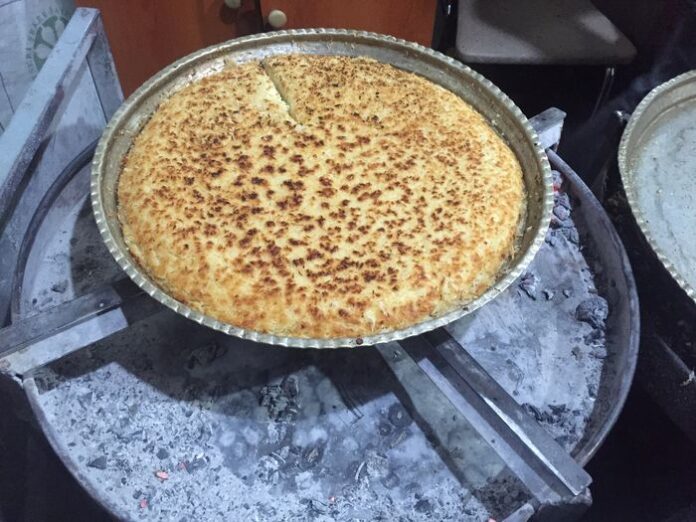2. But at the present day none of our subjects may use unrestrained violence towards their slaves, except for a reason recognized by law. For, by a constitutio of the Emperor Antoninus Pius, he who without any reason kills his own slave is to be punished equally with one who has killed the slave of another. The excessive severity of masters is also restrained by another constitutio of the same emperor.
For, when consulted by certain governors of provinces on the subject of slaves, who fly for sanctuary either to temples, or to the statues of the emperors, he decided that if the severity of masters should appear excessive, they might be compelled to make sale of their slaves upon equitable terms, so that the masters might receive the value; and this was a very wise decision, as it concerns the public good, that no one should misuse his own property.
The following are the terms of this rescript of Antoninus, which was sent to Laelius Marcianus: The power of masters over their slaves ought to be preserved unimpaired, nor ought any man to be deprived of his just right. But it is for the interest of all masters themselves, that relief prayed on good grounds against cruelty, the denial of sustenance, or any other intolerable injury, should not be refused.
Examine, therefore, into the complaints of the slaves who have fled from the house of Julius Sabinus, and taken refuge at the statue of the emperor; and, if you find that they have been too harshly treated, or wantonly disgraced, order them to be sold, so that they may not fall again under the power of their master; and, if Sabinus attempt to evade my constitutio, I would have him know, that I shall severely punish his disobedience.
IX. The Power of Parents.
Our children, begotten in lawful marriage, are in our power.
1. Marriage, or matrimony, is a binding together of a man and woman to live in an indivisible union.
2. The power which we have over our children is peculiar to the citizens of Rome; for no other people have a power over their children, such as we have over ours.
3. The child born to you and your wife is in your power. And so is the child born to your son of his wife, that is, your grandson or granddaughter; so are your great-grandchildren, and all your other descendants. But a child born of your daughter is not in your power, but in the power of its own father.
Read More about Michael V Part 14







